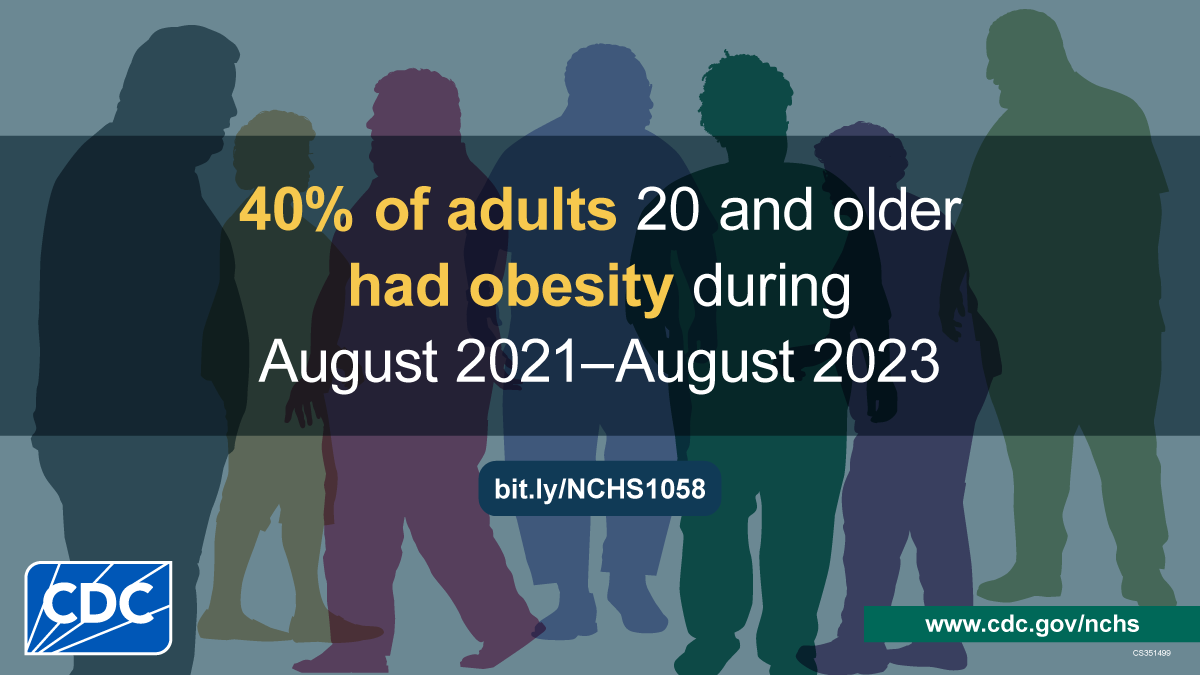A yo-yo dieter for many years, Felicity Cunningham considered herself to be overweight for most of her life and tried many different weight loss options.
“I had moderate success,” she said. “I could sustain a program like Weight Watchers or the Atkins plan for about four or five months. I would cut out sugar and carbs, reduce the calories and get on a high exercise plan.”
But then, after a few months of hard work, she would “fall off the wagon.”
“And then I would go back to my old habits, except it was always worse,” Cunningham said.During those strict dieting months, she would lose up to 40 or 50 pounds.
“Then, I would gain it all back and more,” she said. “I could regain 60 or 70 pounds. And then I would be back to starting all over again.
A turning point, a new beginning
When she turned 51 last year, Cunningham said she was struck by the fact that her mother had suddenly died when she was 51 of a blood clot in her lung.
“That was very jarring emotionally for me,” she said. “To think I was going to be as old as my mother when she died, and that my numbers, like my blood pressure and A1C (which measures blood sugar levels over time), were creeping up into unhealthy places. I was really struggling with that.”
Her son’s father also had died, and she said she realized that she needed to be there for her child.
“That was my catalyst,” Cunningham said. “I lost my mom, and my son lost his father. If I was gone, he wouldn’t have anybody, so I needed to do better for myself and my family.
Cunningham knew she needed a more definitive solution but she was hesitant to try surgery.
“That is how I landed at UTMB and started my process,” Cunningham said.
Emotional and overall health considerations
Cunningham was evaluated by the medical team at the University of Texas Medical Branch’s Metabolic and Bariatric Surgery Program, most notably Dr. Sarah Samreen, a bariatric surgeon and assistant professor in UTMB’s Department of Surgery.
“I spoke with Dr. Samreen and her nurse practitioner, and we determined that for me, the definitive solution was the bypass, and that was the beginning of my process,” she said.
Her evaluation results showed that her BMI was over 50, and she had several other health considerations due to her weight.
 “They are called co-morbidities, and mine include high blood pressure, high blood sugar and other things like swollen ankles, backaches, poor balance and sleep apnea,” Cunningham explained. “All those things contributed to my overall poor health.”
“They are called co-morbidities, and mine include high blood pressure, high blood sugar and other things like swollen ankles, backaches, poor balance and sleep apnea,” Cunningham explained. “All those things contributed to my overall poor health.”
There also was the psychological effect brought about by the yo-yo dieting, having made so many attempts to keep weight off and being unsuccessful, Cunningham added.
“I think you have to do a lot of psychological and emotional work, talk to a psychologist and understand completely what you’re committing to,” she said. “You’re changing your anatomy with this surgery. They’re going to remove a part of your stomach. You must understand what you’re doing, and you have to see it as something you’re going to do for the rest of your life.”
Cunningham spent a lot of time working with a psychologist, physical therapist and cardiologist to demonstrate her ability to commit to a diet and lifestyle change, she explained.
“There’s a myth that the surgery just ‘fixes it,’ but you don’t just lose weight when you do this,” she said. “You change the way your body will process food, so food choices are even more important. Your food absorption changes, and you must establish a protein-forward diet. And you’ll eat much less, so it also has to be a nutrition-forward diet. And that means no chips and no more emotional eating.”
Cunningham lost 60 pounds prior to the surgery— just to show she could eat the right way on her own.
“It does not change after the surgery,” she said. “The surgery is just a tool, but it’s not a free pass to eat what you want. You get two cups of food a day, and you must choose well.”
'Obesity is a disease’
The U.S. Centers for Disease Control and Prevention reports that the prevalence of obesity in the U.S., from 1999–2000 through 2017–2018, increased from 30.5% to 42.4%, and the prevalence of severe obesity increased from 4.7% to 9.2%. This increase is also reflected in a rise in obesity-related conditions such as heart disease, stroke, Type 2 diabetes and certain cancers—all leading causes of premature, preventable death.  Samreen said the key to her patients’ successful weight loss outcomes begins with education, followed by a spectrum of health care support at each stage, before and after the gastric bypass procedure.
Samreen said the key to her patients’ successful weight loss outcomes begins with education, followed by a spectrum of health care support at each stage, before and after the gastric bypass procedure.
“The first message for everyone to hear is that obesity is not about a person’s weakness, laziness or lack of willpower,” Samreen said. “Obesity is a disease. It is extremely important for our patients and their families to understand that. We have a team of highly trained professionals who specialize in the overall treatment of obesity, and that is not just surgery.”
Begin your weight-loss journey with education
Patients seeking bariatric surgery start their journey with a thorough evaluation process that takes three to six months.
“Our team teaches each patient about food,” Samreen said. “It is not just about how much to eat. It is about what to eat. In most cases, it is a total lifestyle change in terms of food choices. Each patient must collaborate with our in-house nutritionists who are trained specifically in consulting with patients who are undergoing bariatric surgery.”
Each patient must demonstrate openness to receiving the nutritional and overall health education and information vital to their success.
“It’s been scientifically proven that our brain has a set point for our weight, and this is why traditional dieting and exercise often fail,” Samreen explained. “The more you exercise, the hungrier you get. The body goes into starvation mode and holds on to the energy instead of losing the weight.”
Bariatric surgery positions patients for success as they change their lifestyle. They’re more likely to be successful because of healthy biochemical and hormonal changes in the body that lead that set point in the brain to a new level where maintaining a lower weight becomes possible.
“We specialize in the overall treatment of obesity, not just surgery,” Samreen continued. “We are an accredited Center of Excellence based on these factors, approved by the American College of Surgeons. We meet the highest possible standards that are needed to set up patients for success.”
The medical team looks at the patient’s complete medical profile but also focuses strongly on mental health.
“We have to ensure the patient is prepared for a significant dietary and lifestyle change to complete this journey successfully,” Samreen said. “We take pride in our compassionate care.”
Samreen said she will often hear from patients that say that they have suffered with obesity their entire lives and have often felt that there is a bias against them.
“We are sensitive to these issues, and we understand that many of our patients have been struggling with this for many years,” Samreen said.
Non-scale victories
The story of a patient’s weight-loss success goes far beyond the number on the scale. Non-scale victories are health and lifestyle improvements that are the result of small changes and might go unnoticed if patients and doctors remain completely focused on the scale.
The scale only shows a momentary measure of a person’s weight on a given day. It could change the next day or even later the same day. But the overall picture during a weight-loss journey is much more detailed and cannot be reduced to a single number.
“There is so much more that has nothing to do with the scale that shows great improvement after the surgery,” Samreen said. “Improvement of blood pressure, fatty liver disease and the resolution of diabetes and sleep apnea are some medical conditions that improve greatly.”
But then there are obstacles that patients have been struggling with, sometimes for years or even most of their lives, that they suddenly begin to see diminishing.
“Now they are seeing they can get on an airplane without any problem,” she said. “They can bend over or go up the stairs and their knees do not hurt. They can buy clothes off the rack in any store.”
Surgery vs. medication
Although there has been a substantial increase in the number of monthly prescriptions for weight-loss medications over the last two years, the difference in outcomes for the two options is clear, Samreen said.
“Surgery does naturally what the medications do by introducing an external hormone,” she said. “That medication must be taken for life. Unlike the surgery, the medication is not just one treatment.”
Additionally, bariatric surgery has been thoroughly studied and researched for decades, she said.
“We know the safety of the surgery, we have minimally invasive techniques, and we know the surgery is safe,” she said. “These medications are new, so it’s not possible yet to know their safety profiles for the long term.”
UTMB utilizes robotic surgery consisting of just two small incisions.
“It’s much less invasive and much safer,” Samreen explained. “The risk of complications is low. There are several options for bariatric surgery, and we do not believe one size fits all. We would discuss all risks with each procedure with the patient beforehand.”
Depending on the patient’s starting weight, the loss can be between 50 and 150 pounds.
“When patients regain weight, it’s likely because of a lack of support and the necessary follow-ups not being in place,” Samreen continued. “Patients who have their surgery at UTMB will be following up at least once a year for life and more as needed. They can always avail themselves of guidance from our nutritionist. We strongly encourage the follow-ups because no matter what challenges may arise, we can help.
Post-surgical victories—on and off the scale A year post-surgery, Cunningham has lost about 160 pounds, she said. Her blood work is normal again, and she’s scheduled to come off the C-PAP machine she used for her sleep apnea.
A year post-surgery, Cunningham has lost about 160 pounds, she said. Her blood work is normal again, and she’s scheduled to come off the C-PAP machine she used for her sleep apnea.
She’s now down from a 5XL dress size to a 14, which she can find easily in any shop.
“It’s amazing,” she said. “I can just go in any store and find something that fits. And I don’t have to buy a seat belt extender when I fly, and I can fit in movie theater seats. I can get up and move, and it’s not a big deal for the people sitting in my row.”
She’s off her asthma medication, her legs aren’t swelling, and those blood pressure numbers aren’t creeping up anymore.
“It’s life changing,” she said.
But above all, she said, she can experience life with her 17-year-old son.
“Before, I was constantly wondering if I could fit in the rides with him at Disneyland and anticipating how embarrassed I’d be if I didn’t,” she said. “He had to go a lot of places by himself before, but now I can go with him.”
Those are the non-scale victories Cunningham said she values.
Aftercare support

UTMB offers several support groups, and attendance is part of the qualification for the surgery.
“It reinforces the process,” Cunningham explained. “They are educational sessions, with topics about nutrition or exercise. It helps you understand the process of what you’re getting into, understand you’re on this road, and this is how you will be able to commit to this.”
Classes reinforce what she needs to be doing and give her added information.
“It also shows me how I am succeeding for myself,” she said.” We get bogged down in not being perfect, and we look at people coming into this on the pre-surgical side. That helps me remember my experience, and it’s nice to be able to offer insights from my post-surgical experience to others.”
Cunningham said she received great support at UTMB and from Samreen.
“She takes the time with you and makes you feel she is only there for you,” she said. “My main message to everyone is that surgery is a wonderful tool, but you still must make the choices and the commitment. And you’ll get all the help you need at UTMB.”